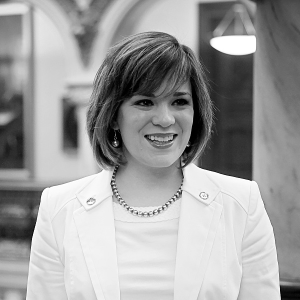October 9, 2014
Many people have placed the majority of their savings into their 401k plans. So when you need cash, and the bank account funds are simply not sufficient or your investments are not providing the cash flow you need, it is extremely tempting to consider taking money from your hard earned 401k.
Before you turn on that faucet, a newly published article shares 5 things you should consider:
- Examine your social security benefit- Often taking social security at 62, right when you are eligible, will provide a much smaller benefit than if you wait until your late 60's or 70's. Delaying the benefit can mean a much larger amount later.
- Withdraw from taxable accounts first- Give yourself the greatest amount of time for tax-free compounding; that happens inside of your retirement accounts. If you have worked hard to build up assets outside of your tax free accounts, spend those first so you can enjoy your tax free dollars later. (Consult with your advisor and tax professional on additional details.)
- When you turn 70.5 years old take your distribution- It is a legal requirement by the IRS to take a percentage of your retirement accounts once you turn 70.5 years old. (Consult your advisor to learn more.)
- Do not draw from your Roths until the end- If the minimum distributions from the traditional IRA meets your income needs, then do not take more than you need. Allow the tax free growth to continue and your heirs to inherit the IRA. As a beneficiary, Roth IRA withdrawals made by heirs are not subject to income tax.
- Marital Status- If you are married, draw from your plans at the same time; it is most likely a tax advantage to doing so. If you are going through a divorce or separation, you will be happy that you both drew on your accounts together for ease of separation of the assets.
Caroline Hill, Financial Advisor
(This article contains the current opinions of the author but not necessarily those of Brighton Securities Corp. The author's opinions are subject to change without notice. This blog post is for informational purposes only. Forecasts, estimates, and certain information contained herein should not be considered as investment advice or a recommendation of any particular security, strategy or investment product. References to specific securities and their issuers are for illustrative purposes only and are not intended and should not be interpreted as recommendations to purchase or sell such securities).

